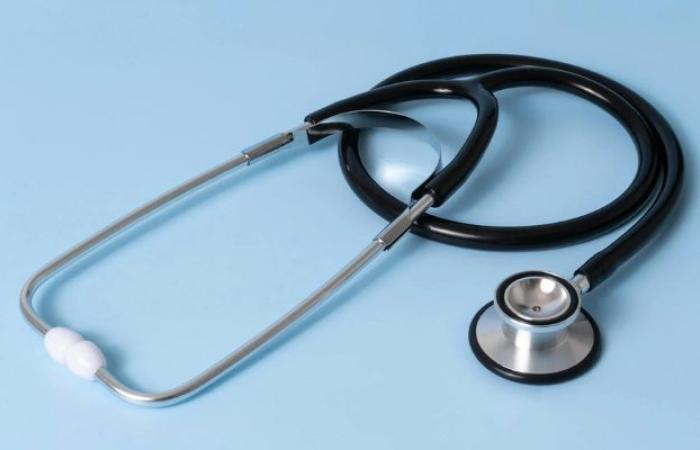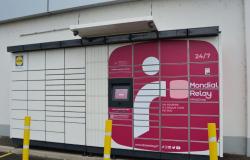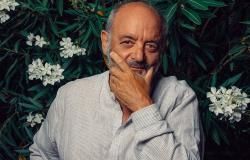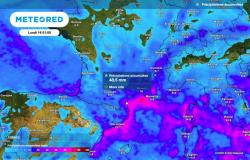Whether as part of its regional strategy on artificial intelligence (IA2021) or as part of its health plan, the Île-de-France Region intends to become a center of excellence in the field of innovation and health. Continuing these initiatives, it has joined forces with the Rothschild Foundation Hospital to launch the AI for Health Challenge, endowed with €500,000. There are only a few days left for interested companies to come forward since applications are only open until December 6.
The Challenge aims to initiate a long-term partnership between the HFAR (Rothschild Foundation Hospital) and a company that has demonstrated its ability to develop, validate and test an algorithm of interest to improve the care of patients suffering from multiple sclerosis. (SEP).
MS is a chronic autoimmune neurological disease that affects the central nervous system, involving the brain and spinal cord. It results from an abnormal attack by the immune system against myelin, a substance that surrounds and protects nerve fibers, playing an essential role in the rapid transmission of nerve signals. It affects around 2.8 million people worldwide, including 130,000 in France, and is the main cause of non-traumatic neurological disability in young adults.
Although MS cannot be cured, new treatments now make it possible to slow the progression of the disease and manage its symptoms; they are all the more effective if the diagnosis is made early. This is based on a combination of methods including magnetic resonance imaging (MRI).
The AI for Health Challenge is based around two MS biomarkers visible on a brain MRI: central vein sign which is manifested by the presence of a vein in the center of the inflammatory lesions and the you sign hello which is characterized by the presence of a ring of hyper intense signal around the lesions.
Competitors will have to develop an algorithm to:
- detect the central vein sign, with a high degree of reliability. If a formal diagnosis of MS cannot be established, the model must estimate the probability that the pathology is present;
- recognize the halo sign, often more subtle and complex to detect.
Who can apply?
To be eligible for the grant, candidate companies must be:
- Either 1 TPE or 1 PE (company with fewer than 50 employees whose annual turnover or annual balance sheet total does not exceed €10 million),
- Or 1 ME (company with fewer than 250 employees whose annual turnover is less than €50 million or whose annual balance sheet total does not exceed €43 million),
- Soit 1 ETI (company with 250 to 4,999 employees whose annual turnover does not exceed €1.5 billion or whose balance sheet total does not exceed €2 billion, and which is not affiliated with a larger group ).
Can also apply groups associating:
- Either 1 public laboratory and 1 (or more) private company(ies),
- Or several companies of type VSE, PE, ME or ETI from the EU or Switzerland with a project to set up within 6 months.
Only one application per group is expected. For more information on the challenge, click here.
Health






